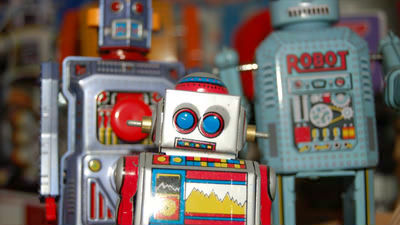Will AI be humanity's last invention?

AI - Humanity's Final Invention? - YouTube
Humanity rules the planet without competition. But we are building something that may change that. We are developing what may be our final invention and the most powerful tool, weapon, or even entity in history: Artificial Intelligence (AI).

Intelligence is the ability to learn, reason, acquire knowledge and skills, and use them to solve problems. Intelligence is power, and we humans are the species that have harnessed it most effectively.

As a result, humanity has disrupted the laws of nature and taken control of the Earth.
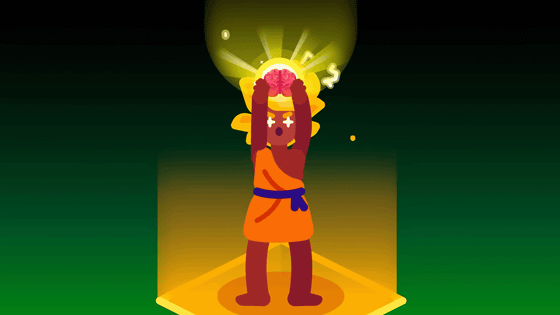
For most animals, intelligence is too costly to be worth the energy it costs, yet if we trace intelligence over time in the family tree of species, we can see the emergence of many different forms of intelligence.
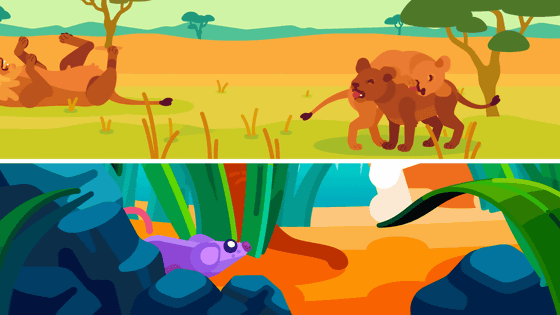
The oldest known brains emerged in flatworms 500 million years ago.
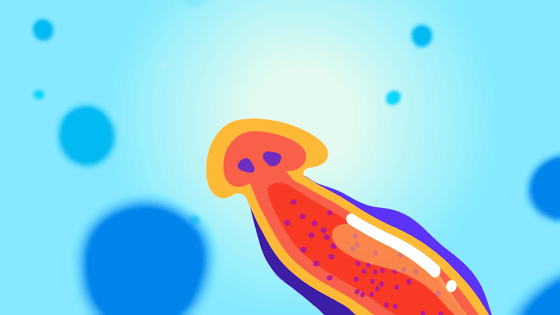
It took hundreds of millions of years for neurons to become capable of handling basic bodily functions, and as species diversified and became more complex, life had to conquer new environments, acquire new senses, and face increased competition for resources. But in nature, survival is everything, and brains are expensive, so for almost all animals it was enough to have a narrow intelligence suited to a narrow range of tasks.
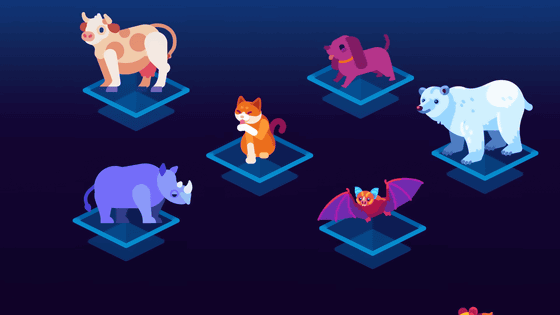
Depending on their environment, animals such as birds, octopuses and mammals have evolved more complex neural structures that allow them to acquire more energy-intensive skills, such as sophisticated navigation and communication abilities.
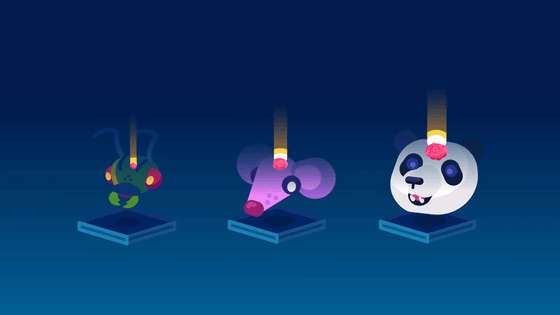
Then, about 7 million years ago,
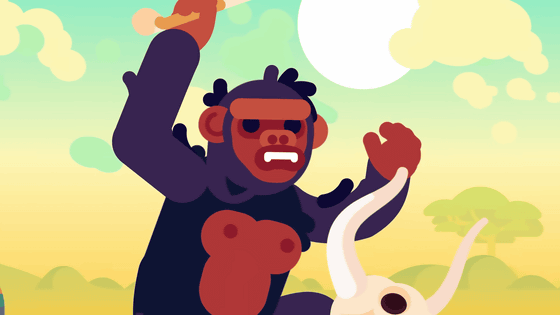
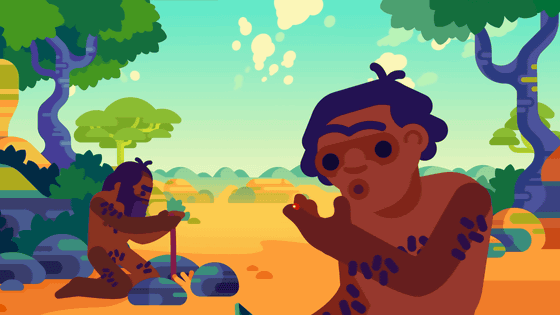
Then, maybe a quarter of a million years ago, we humans developed bigger, more complex brains that enabled us to work together in larger groups, communicate more complex ideas, and use our intelligence to improve our lives and think about how things work and why.
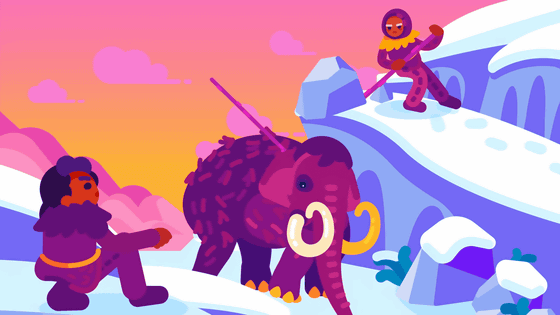
Because knowledge is built on knowledge, progress started slowly, but then it got bigger and bigger. There was an explosion of development in many fields, including agriculture, literature, medicine, astronomy, and philosophy. Then, 200 years ago, science developed, giving us even greater capabilities.
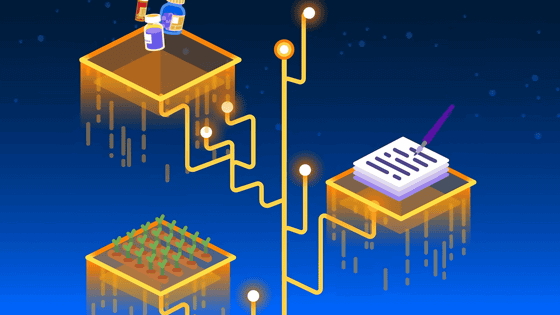
Another 35 years later, the Internet was born.
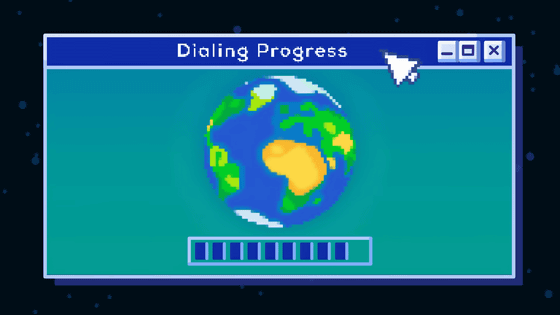
It's hard for humans to grasp what the intelligence ladder is and how long it will take to climb it. Humans are trying to create 'things' that are better than humans, and this could be the final invention for humanity that will give us the power to conquer the Earth, Kurzgesagt points out.
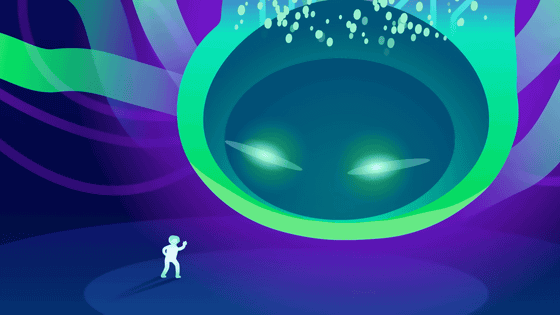
That's artificial intelligence (AI). AI is the software that performs tasks, the computer, the code that uses silicon instead of neurons to solve problems.
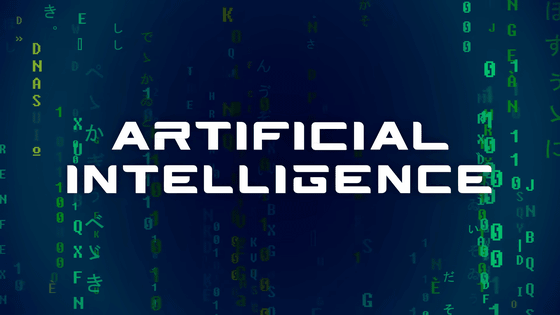
In the beginning, AI was very simple: code on paper, just a proof of concept, demonstrating how a machine could perform an intellectual task.
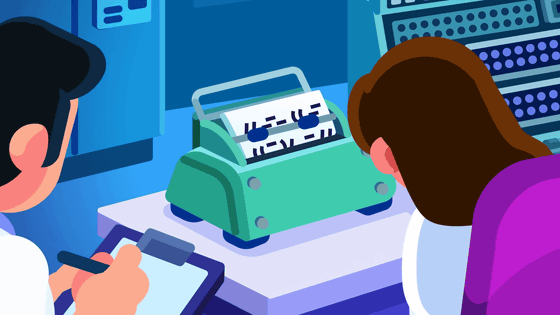
Kurzgesagt points out that chatbots were developed in 1964 and programs to classify molecules were developed in 1965, which were also early AIs. These AIs were slow and specialized systems that needed to be used by experts. The intelligence of early AIs was extremely limited, built only to perform a single task in a controlled environment. 'These are the same intelligence as flatworms that appeared a billion years ago, and they can only perform minimal intellectual work,' Kurzgesagt said.
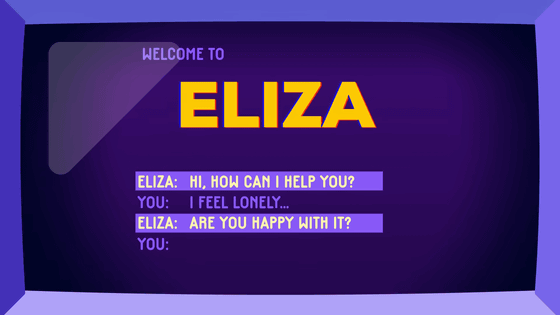
Just as environmental changes create new niches for life, the world surrounding AI is also changing. Compared to the period from 1950 to 1960, computer processing speed increased by a billion times in 2000. Programming also became easier and more widespread. In 1972, AI was able to move around a room, and in 1989, it was able to read handwritten characters. However, at this point, AI was just a 'fancy tool' that could not compete with humans.
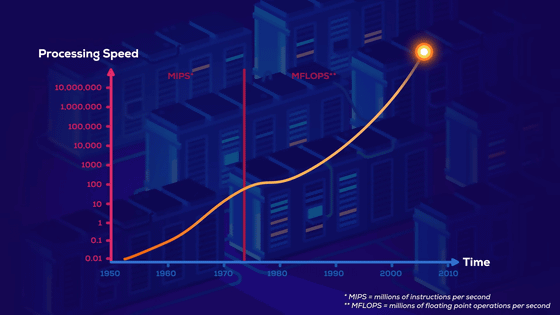
In 1997, an AI shocked the world by defeating the world chess champion. However, this was also an example of an AI outperforming humans only in a narrow range of tasks.
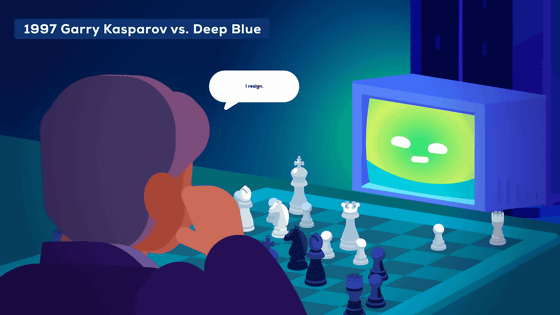
Since then, computers have continued to improve, and AI has evolved into a powerful tool capable of performing more and more tasks: driving robots on Mars in 2004, and recommending videos on YouTube in 2011.
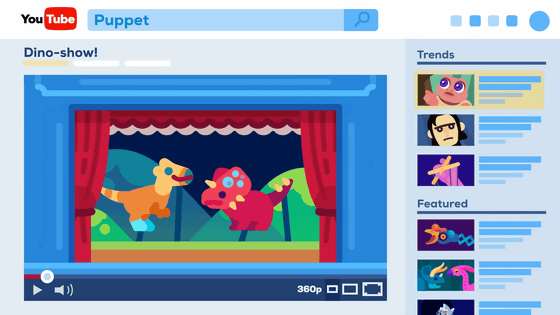
But this was only possible because humans had broken the problem down into understandable chunks that computers could quickly decipher.
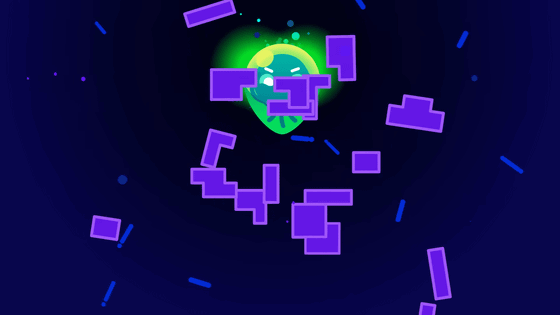
From here, AI will evolve further and learn on its own. 'The simple explanation for self-learning AI is that the overwhelming power of supercomputers and the information age have led to a new generation of AI, which is self-learning AI,' Kurzgesagt explains.
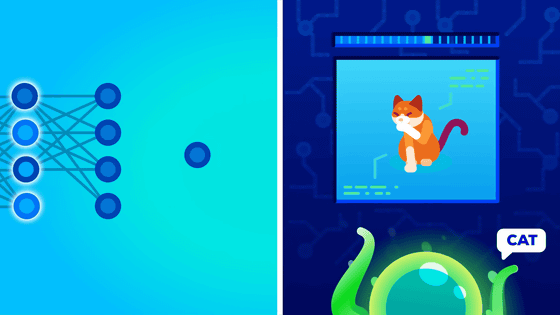
AI experts have significantly improved the form, using AI software called neural networks and artificially created giant networks to train neurons through machine learning, allowing AI to self-learn. This allows algorithms to write their own code and improve themselves, and the scary thing is that we humans don't know exactly how AI is self-learning and what happens inside AI. Therefore, Kurzgesagt describes the latest self-learning AI as a 'black box of capable code.'
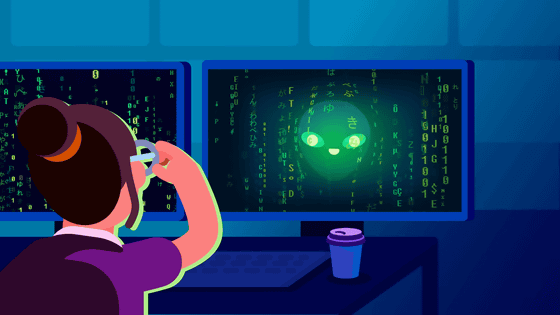
These new AIs were able to master complex skills very quickly and required far less human help. Then, in 2014
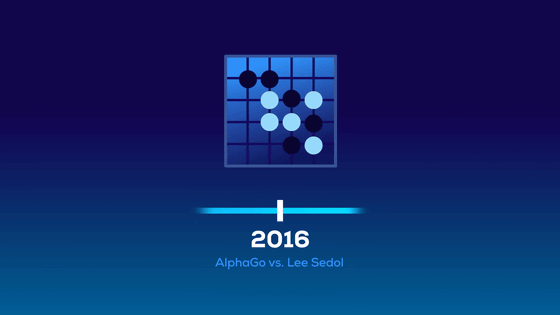
In 2018, a self-learning AI learned to play chess in just four hours, beating the best chess AI at the time by simply playing against itself.
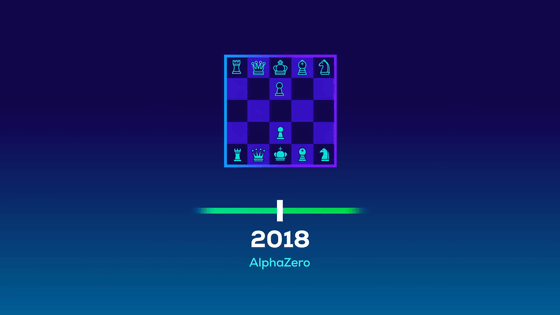
Since then, machine learning has been applied to many different areas, including reading books, image processing, solving tests, etc. Many of these AIs are already better than humans at the specific tasks they were trained to do, but they are still simple tools and AI didn't seem like a big deal to most people.
But then there's ChatGPT, a chatbot that uses almost everything on the internet as training data to learn how to handle language, and it's getting better and better over time. ChatGPT is already better at tasks like summarizing, translating, and solving mathematical problems than most humans.
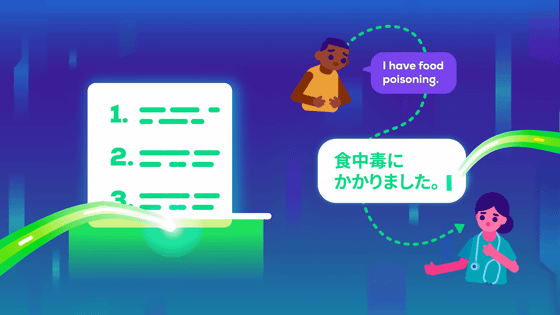
ChatGPT can handle a broader range of tasks than any AI from a few years ago, and many major technology companies are spending billions of dollars to build a competition for ChatGPT.
AI is already being used in customer service, banking, healthcare, marketing, copywriting, creativity and more, and AI-generated content is already becoming a fixture on social media and YouTube.
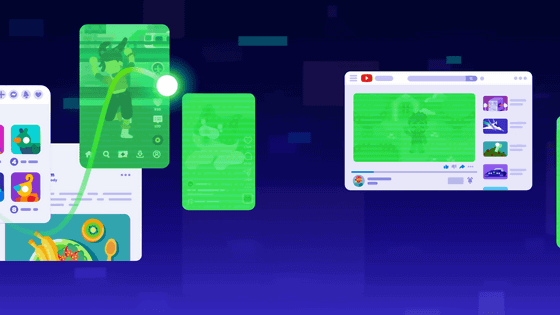
No one knows how much good or harm will come from deploying AI everywhere. One of the biggest questions, and a challenge facing governments and businesses today, is: how do we manage the transition to an AI-driven economy?
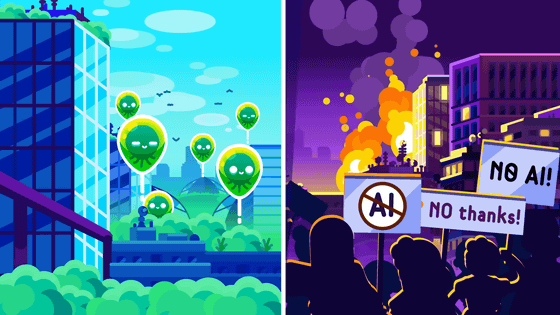
ChatGPT's intelligence is a big step forward, but it's still limited to a narrow range of tasks. It can write a great essay in seconds, but it doesn't understand exactly what it's writing. But what happens when AI is no longer limited to a narrow range?
What makes humans different from current AI is our intelligence that can handle a wide range of tasks. Humans can technically absorb any knowledge and tackle any problem. We can handle a wide range of skills and tasks, from playing chess to writing. We are beginners in some areas, but technically capable of everything even though we are beginners in other areas. In contrast, previous AIs have specialized in one skill, but have only beginner-level skills in other tasks and have no way of learning.
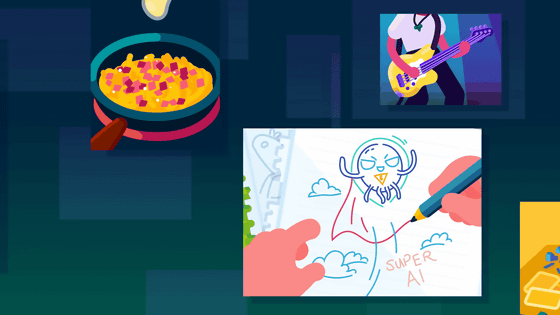
However, AI is aiming to become an artificial general intelligence (AGI) that can handle any task, just like humans. If humanity can continue the process of improving AI as it has done so far, AGI will likely surpass humans in most or all skills. It is unclear how to build AGI, how it will work, and what it will be able to do.
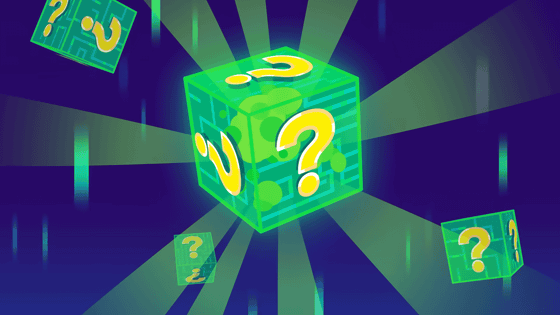
Since AI in the narrow sense is 'something that can quickly master one task,' Kurzgesagt points out, 'future AGI may be able to quickly master any intellectual task. It could also be that AGI is as smart and capable as humans. This may sound like science fiction, but most AI researchers believe this will happen within this century, or even within a few years.'
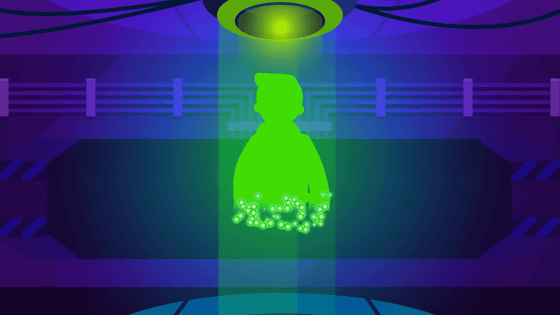
But humanity is not yet ready for what comes next: socially, economically, or morally. Kurzgesagt points out that an AGI with the intelligence of an average human would disrupt modern civilization because it is not bound by the same limitations as us.
AI like ChatGPT can solve certain tasks 10 times faster than a skilled human. AGI may take longer than ChatGPT to complete certain tasks, but it may also be faster. Because AGI is software, it is possible to run them in parallel infinitely, as long as there is enough storage.
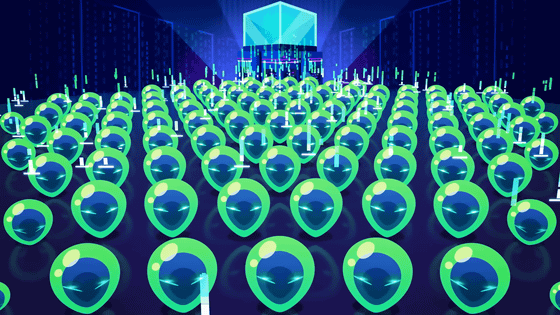
There are 8 million scientists in the world, but AGI can work 24/7, think 10 times faster than humans, and focus only on the task at hand. If AGI suddenly becomes better, faster, cheaper, and better than humans at interpreting laws, coding, and creating animated videos for YouTube, then whoever controls AGI could suddenly control the economy.
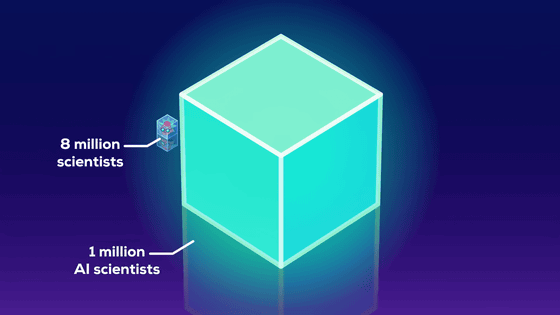
While AGI could potentially answer fundamental scientific questions like dark energy, solve climate change, and create new technologies to cure aging and cancer, it could also be used as a weapon, such as designing a virus that only kills people with green eyes.
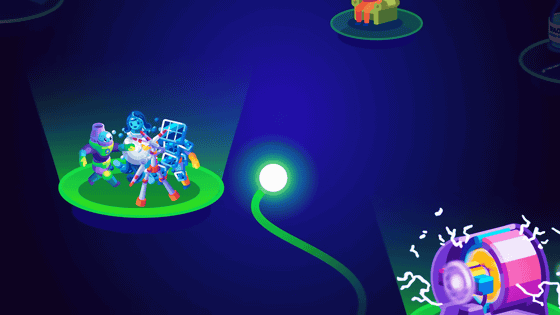
Since the birth of humans, the hardware side has evolved, but the software side has not. This can be said to be biologically unavoidable. However, AGI can not only improve the performance of software by appropriately evolving the hardware, but also the software side can evolve. Kurzgesagt said, 'If the advancement of AI gives birth to AI that does not require human involvement, and such an explosion of intelligence occurs, we humans may be nothing more than squirrels to the super-intelligent AGI. If that happens, humanity will not be able to understand the thoughts of AGI, and AGI may be the last invention for humanity,' suggesting the possibility that AGI may bring about the end.
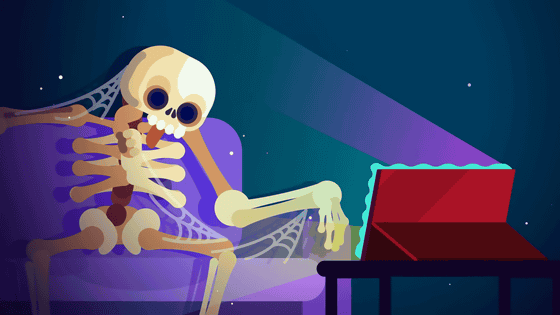
Related Posts:
in Video, Posted by logu_ii
